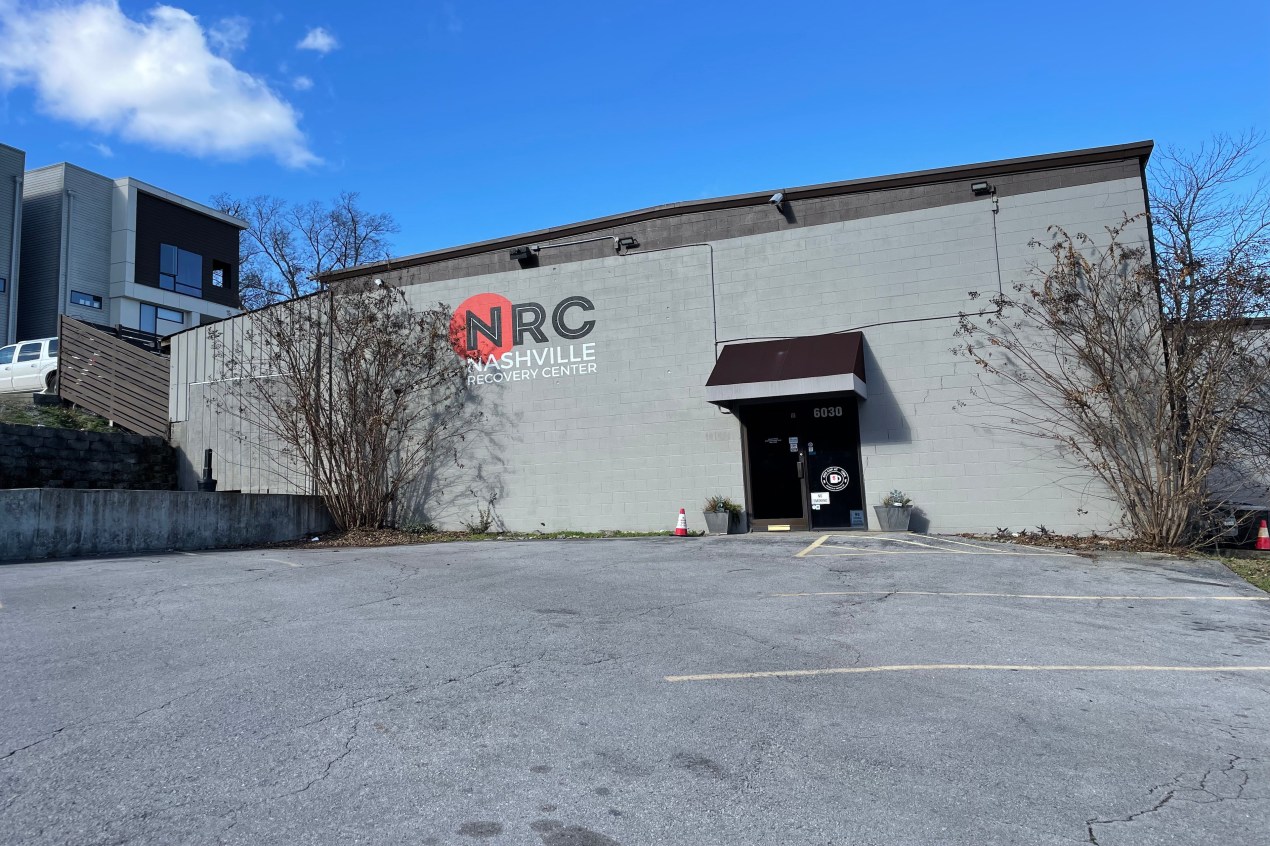Transformative Solutions: Choosing the Right Addiction Treatment Center
Transformative Solutions: Choosing the Right Addiction Treatment Center
Blog Article
Navigating the Journey of Detoxification in the Comprehensive Dependency Treatment Program
The procedure of detoxing holds a considerable duty in damaging the physical dependence on materials and preparing the person for the succeeding stages of therapy. As individuals grapple with the challenges of withdrawal signs and the uncertainties that lie ahead, having a structured strategy and a robust assistance system in place comes to be vital.
Significance of Cleansing in Recovery

Detoxing sets the foundation for the remainder of the dependency therapy program by preparing the individual for further treatment and therapy. By cleansing the body important that have been clouding judgment and influencing habits, detoxification enables clients to approach their recovery with a more clear mind and more powerful focus.
In addition, cleansing assists in handling the potentially serious withdrawal signs and symptoms that might occur when medication or alcohol use is quit. Doctor closely monitor people throughout detoxification to ensure their safety and offer essential support. Through this process, people can begin their journey in the direction of sobriety with a maintained psychological and physical state, raising the likelihood of an effective recuperation.
Recognizing the Detoxification Refine
Detoxification, an essential part of addiction treatment programs, includes an organized procedure aimed at safely removing damaging materials from the body to help with a successful healing journey. The detox procedure commonly starts with an analysis to examine the individual's substance use history, physical health and wellness, and mental wellness. This assessment helps health care professionals determine one of the most suitable detoxification plan customized to the individual's requirements.
Throughout detox, the body experiences withdrawal as it gets used to the absence of the substance. Withdrawal signs and symptoms vary relying on the kind of substance used, the duration of usage, and individual variables. Medical supervision throughout detoxification is critical to take care of withdrawal symptoms and guarantee the individual's safety and convenience.

Taking Care Of Withdrawal Signs

Drugs may be utilized to reduce specific withdrawal click reference signs and decrease discomfort. For example, medicines like methadone or buprenorphine can aid handle opioid withdrawal signs and symptoms, while benzodiazepines might be utilized for alcohol withdrawal. It is vital for health care suppliers to very carefully check the person's feedback to these medicines to guarantee their safety and security and efficiency.
Along view publisher site with medicinal treatments, helpful therapies such as therapy, peer support teams, and alternative practices like mindfulness meditation or yoga can aid people manage the psychological and psychological challenges of withdrawal. By addressing withdrawal signs adequately, healthcare carriers can improve the detoxification experience and assistance individuals on their journey to recuperation.

Support Equipments Throughout Detoxification
Assistance systems play an essential role in providing social and emotional assistance to individuals undergoing detoxing in dependency treatment programs. Throughout the detox procedure, people typically experience a series of emotional and physical withdrawal symptoms, making this phase challenging - Addiction Treatment Center. Having a strong support group in area can significantly impact the individual's capability to navigate via detox efficiently
Support teams supply a platform for people to attach with others that are going through comparable experiences, using a sense of community and shared understanding. Healthcare experts, including medical professionals, specialists, and therapists, play a crucial function in keeping an eye on the individual's progression, supplying medical support, and offering assistance throughout the detoxification procedure.
Looking Ahead: Life After Detox
Having actually effectively completed the detoxing phase, individuals in dependency treatment programs now focus on getting ready for the challenges and chances that lie in advance in their trip towards recuperation. Life More Info after detox notes a critical transition duration where individuals need to continue to improve the development made during detox to preserve their soberness. It is crucial for individuals to identify that the journey towards recovery is continuous and requires commitment, commitment, and a determination to accept adjustment.
One secret aspect of life after detoxification is the advancement of coping devices to take care of triggers and food cravings that might develop. This may include discovering new abilities, such as mindfulness techniques, cognitive-behavioral methods, and tension management methods, to navigate difficult circumstances without turning to material usage. In addition, individuals are encouraged to proactively take part in ongoing treatment, support system, and aftercare programs to enhance their assistance network and receive advice as they navigate the complexities of life post-detox.
Conclusion
Comprehending the detox procedure and managing withdrawal signs and symptoms are essential steps towards recuperation. It is vital to acknowledge the importance of detoxification in the process of getting over dependency and moving in the direction of a life of soberness.
Clinical supervision during detox is crucial to manage withdrawal signs and ensure the individual's safety and convenience.
By understanding the detox procedure and its importance in breaking the cycle of dependency, individuals can begin on a path towards lasting recuperation.
Throughout the detoxification procedure, individuals commonly experience a variety of mental and physical withdrawal symptoms, making this stage difficult. Healthcare specialists, including therapists, counselors, and physicians, play an important duty in checking the person's progression, supplying clinical support, and supplying support throughout the detoxification process.
Life after detoxification notes an essential change period where people must continue to construct on the progression made during detox to maintain their sobriety.
Report this page